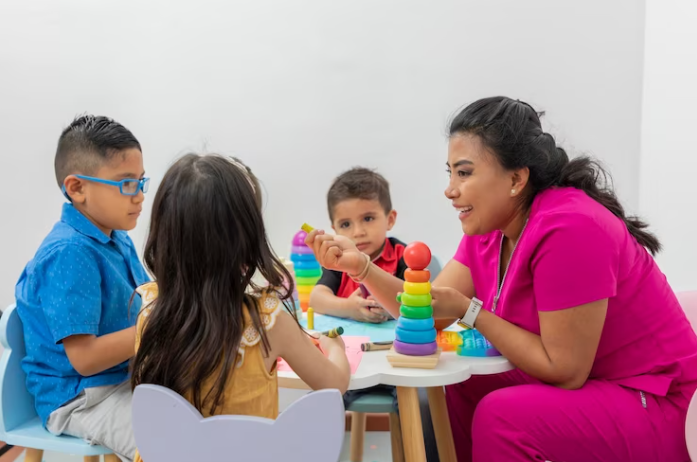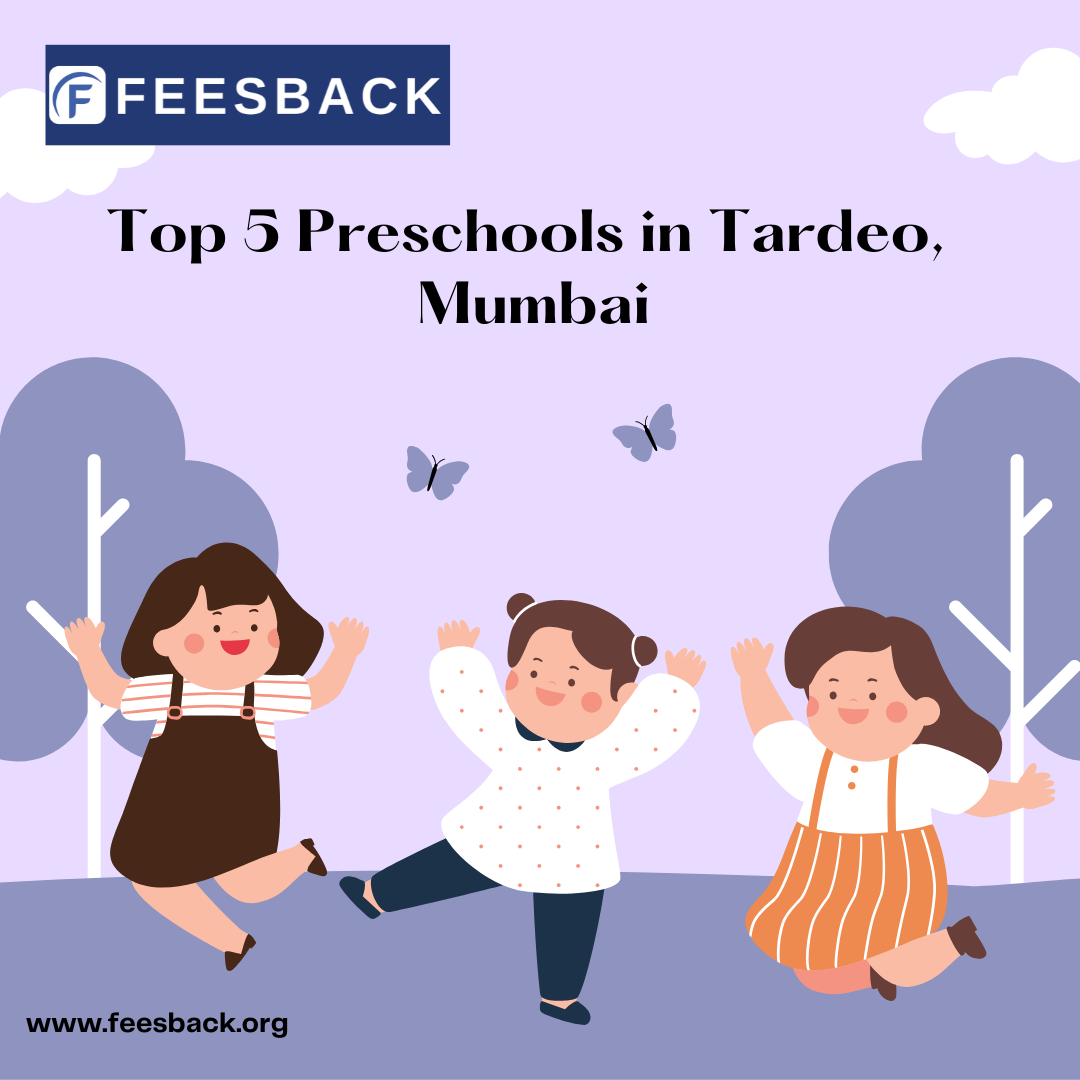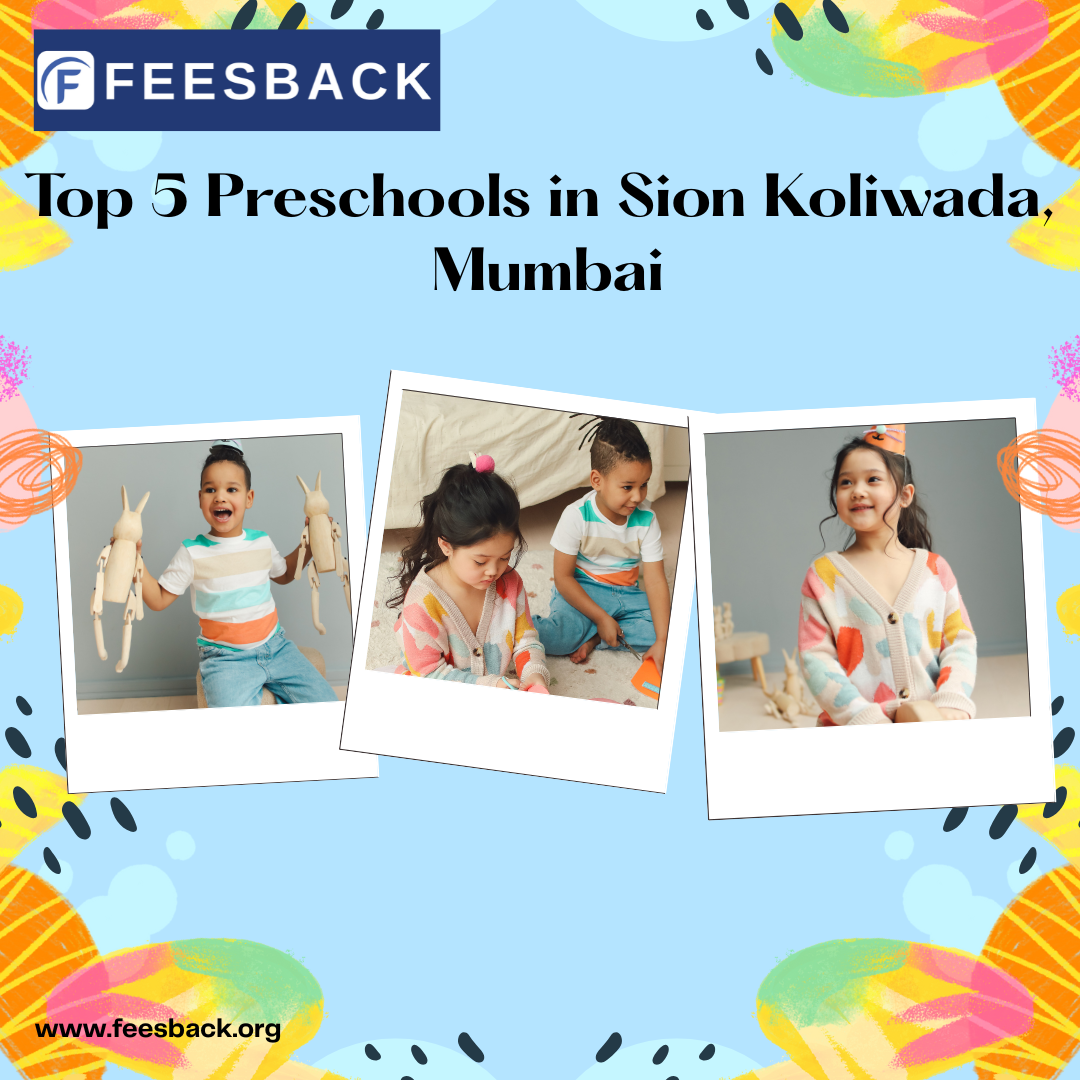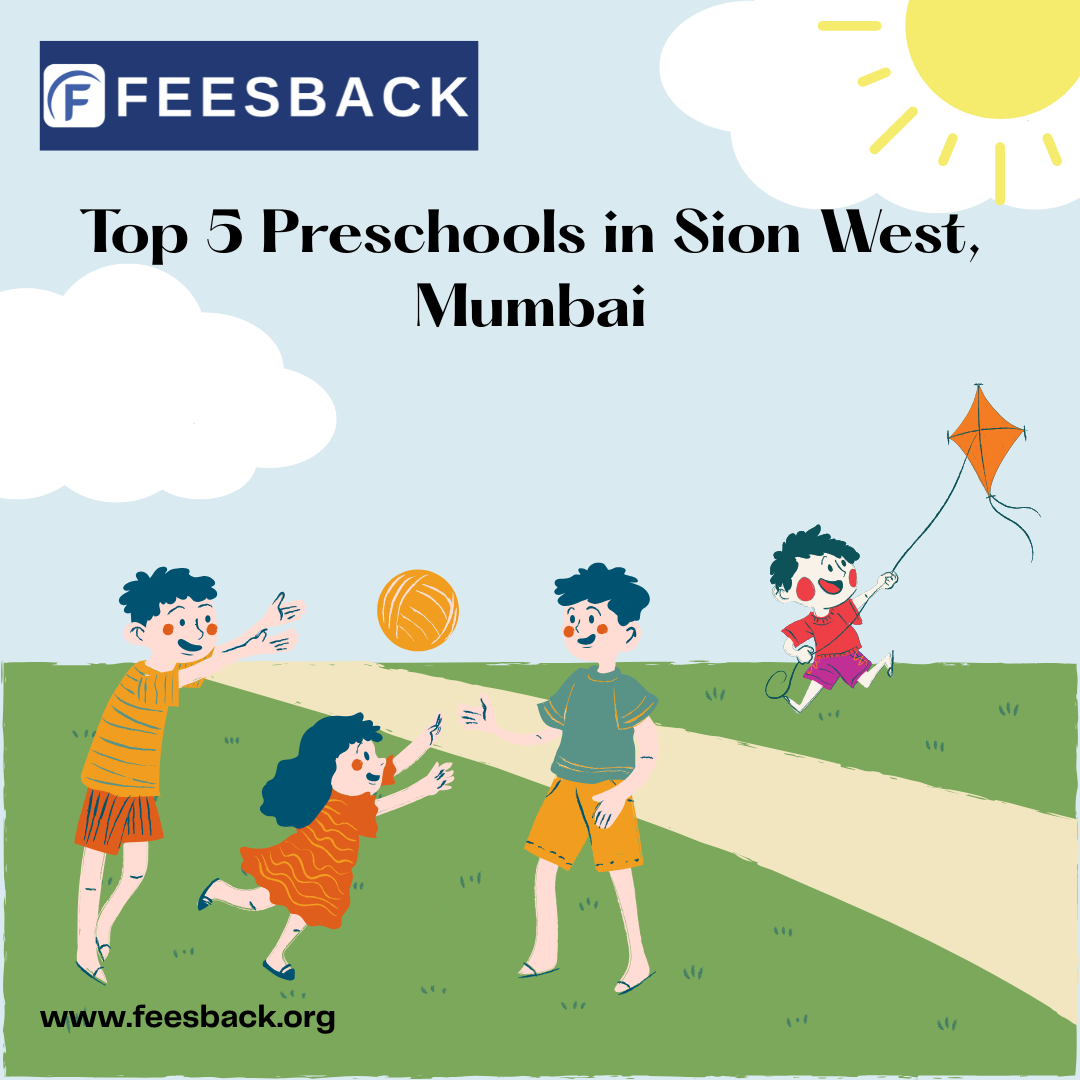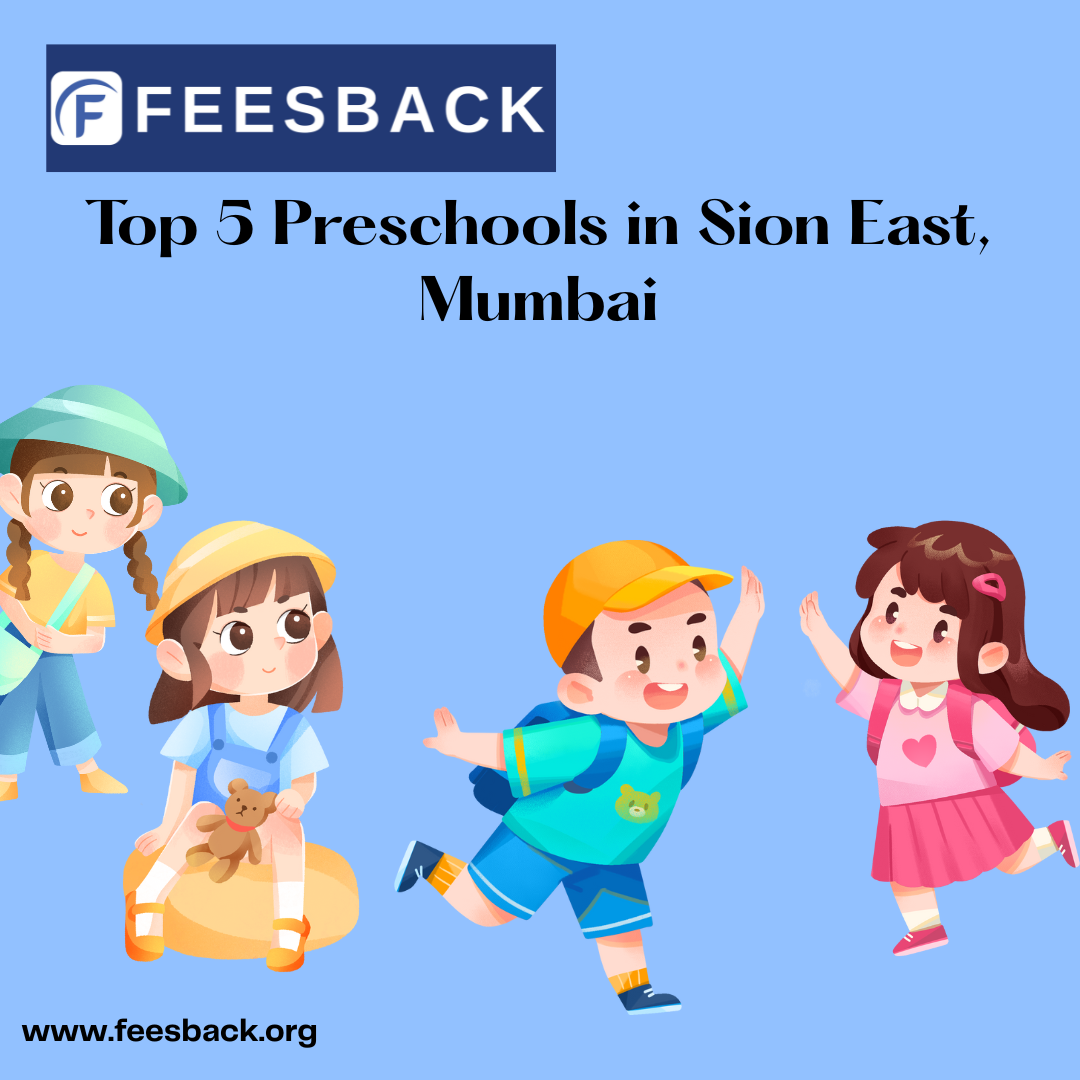How to Choose the Right Childcare Center: A Comprehensive Guide for Parents

As parents, one of the most important decisions we make is choosing a childcare center for our children. This decision can significantly impact their early development, socialization, and overall well-being. With a plethora of options available, selecting the right childcare center that aligns with your child's needs requires careful consideration and research. In this guide, we'll explore the essential factors to consider when choosing a childcare center, helping you make an informed and confident choice for your little one.
Location and Accessibility
Proximity:
The first factor to consider is the proximity of the childcare center to your home or workplace. Opt for a center that's conveniently located, reducing travel time and stress. Long commutes can be tiring for both you and your child. A center that's closer to home also offers the advantage of familiarity with the surrounding area.
Accessibility:
In addition to proximity, ensure that the center is easily accessible by car or public transportation. A center with straightforward access points makes drop-off and pick-up smoother and less time-consuming. Moreover, consider how accessible the center's facilities are for children with special needs, ensuring inclusivity for all children.
Safety and Security
Facility Layout:
Safety and security are paramount when it comes to childcare. Look for centers that prioritize a secure facility layout. Fenced play areas, controlled access points, and clearly marked emergency exits help prevent unauthorized entry and ensure a safe environment for your child. Beyond this, a well-designed layout also promotes a sense of organization and structure, which can be comforting to young children.
Safety Measures:
Inquire about the center's safety protocols and emergency procedures. Staff training for first aid and CPR is crucial. Knowing that the staff is prepared to handle unexpected situations can provide peace of mind for parents. Additionally, ask about the center's approach to childproofing, such as securing furniture and using age-appropriate toys, to minimize potential hazards.
Cleanliness:
Children are more susceptible to illnesses, so cleanliness is vital. Pay attention to the overall cleanliness of the facility, including playrooms, restrooms, and eating areas. A clean and hygienic environment not only reduces the risk of illnesses but also creates a pleasant and inviting space for children to learn and explore.
Accreditation and Licensing
Licensing:
When researching childcare centers, make sure to choose one that is licensed and regulated by the appropriate local or national authorities. Licensing ensures that the center meets specific health, safety, and educational standards. It also indicates that the center is legally authorized to provide care for children.
Accreditation:
Some centers go the extra mile by obtaining additional accreditations from reputable organizations like the National Association for the Education of Young Children (NAEYC). These accreditations often indicate a commitment to higher quality standards in early childhood education. Accredited centers are more likely to follow research-backed best practices and stay up-to-date with the latest educational trends.
Staff Qualifications and Ratio
Qualified Staff:
The caregivers and teachers at the childcare center play a vital role in your child's development. Inquire about the qualifications, experience, and training of the center's staff members. Trained professionals are more equipped to nurture your child's growth and learning. Additionally, ask about the staff's ongoing professional development to ensure they stay current in their knowledge and skills.
Child-Staff Ratio:
A low child-staff ratio is essential for individualized attention and care. Research the recommended ratios for your child's age group. A lower ratio allows caregivers to focus on each child's needs, fostering better engagement and development. It's worth noting that a lower ratio often translates to a more intimate and supportive social environment for children, promoting meaningful interactions.
Curriculum and Activities
Learning Approach:
Explore the center's educational philosophy and teaching methods. Every child learns differently, so ensure that the center's approach aligns with your preferences for your child's learning style. Some centers may emphasize play-based learning, while others focus on structured academic activities. An approach that matches your values can contribute to your child's enthusiasm for learning.
Structured Activities:
Variety is key to a child's holistic development. Look for centers that offer a diverse range of age-appropriate activities, such as art, music, physical play, and cognitive development exercises. A well-rounded curriculum encourages exploration and creativity. Be sure to ask about how the center tailors activities to individual children's interests and developmental stages.
Nutrition and Meals

Healthy Meals:
Proper nutrition is crucial for your child's growth and energy levels. Inquire about the center's meal plans and whether they provide balanced and nutritious meals and snacks throughout the day. A center that promotes healthy eating habits sets a positive example for your child. Ask about the center's menu planning process and whether they accommodate dietary preferences or restrictions.
Allergies and Restrictions:
If your child has dietary restrictions or allergies, communicate these clearly with the center. Ensure that the staff is knowledgeable about your child's needs and can provide suitable alternatives while maintaining safety. In addition to discussing food-related allergies, inquire about any environmental allergies your child may have, such as allergies to certain materials or cleaning products.
Parental Involvement and Communication
Open Communication:
A strong partnership between parents and the childcare center is essential. Choose a center that maintains open lines of communication, keeping you informed about your child's daily activities, progress, and any concerns. Regular updates help you stay connected with your child's experiences. Additionally, inquire about the center's approach to involving parents in decision-making processes and educational activities.
Parent Visits:
Before making a decision, schedule a visit to the center. This visit allows you to observe the environment, interact with staff, and get a feel for the atmosphere. It's also an opportunity to ask questions and address any doubts you may have. During the visit, pay attention to how the staff interacts with both the children and the parents, as this can provide insights into the center's values and priorities.
Reviews and References
Online Reviews:
In the digital age, online reviews and testimonials from other parents can provide valuable insights into the quality of care a childcare center offers. Read reviews to learn about the experiences of other families and gain a better understanding of the center's strengths and areas for improvement. Keep in mind that while reviews can be informative, individual experiences can vary widely.
References:
Don't hesitate to ask the center for references that you can contact directly. Speaking with current or past parents can provide firsthand information about the center's reputation, staff, and overall experience. When speaking with references, consider asking specific questions about their child's growth, social interactions, and overall satisfaction with the center.
Flexibility and Policies
Operating Hours:
Consider your own schedule when evaluating the center's operating hours. Does the center offer the flexibility you need for drop-off and pick-up times? Some centers may provide extended hours to accommodate working parents. Discuss the center's policies regarding late pick-ups, and inquire about any additional charges for extended hours.
Policies:
Familiarize yourself with the center's policies on sick days, holidays, vacations, and late pick-ups. Clear policies ensure that you're well-informed about expectations and avoid any surprises down the road. Inquire about how the center handles sick children, as well as any preventive measures they take to maintain a healthy environment.
Gut Feeling and Observation
Trust Your Instincts:
Amid all the practical considerations, trust your intuition. If you feel comfortable and positive about a particular center, it's more likely to be a good fit for your child. Your instincts often play a significant role in decision-making. Reflect on your feelings after visiting the center and interacting with the staff.
Observation:
Spend time observing interactions between staff and children during your visit. Pay attention to the atmosphere and energy of the center. A warm and nurturing environment contributes to your child's emotional well-being and development. Look for signs of engaged and happy children, as well as staff members who genuinely care for the children's needs.
Conclusion

Choosing the right childcare center is a decision that requires thoughtful consideration and thorough research. By evaluating factors such as location, safety, staff qualifications, curriculum, and parental involvement, you can make an informed choice that aligns with your child's needs and your family's preferences. Remember that every child is unique, so finding a center that fosters their growth, development, and happiness is the ultimate goal. Your dedication to this process will undoubtedly contribute to your child's successful and positive early experiences.
